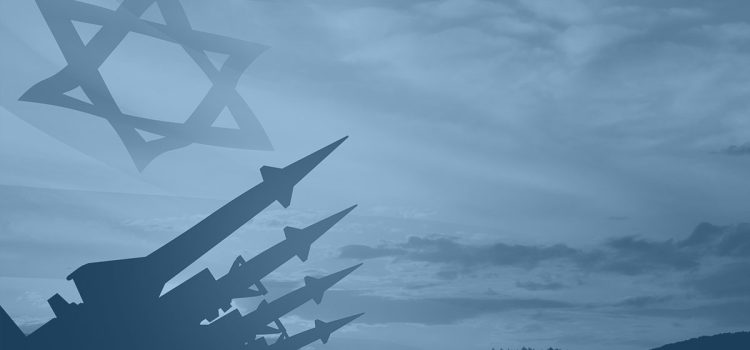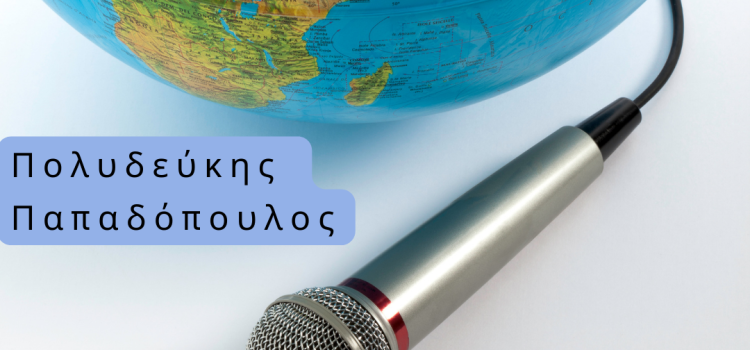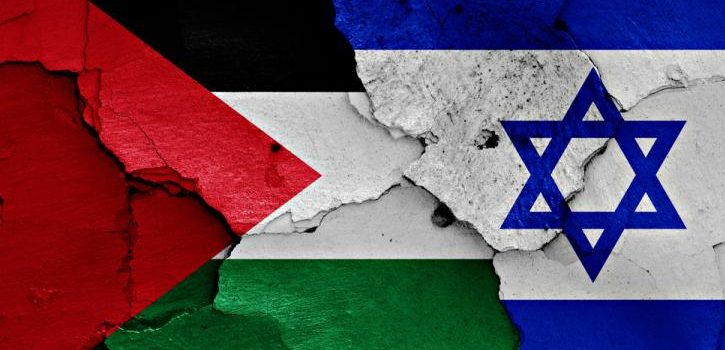On October 7, a group of Hamas terrorists managed to infiltrate Israeli territory, execute a pogrom against Israeli civilians and capture over 200 hostages. The heinous attack shattered Israel’s deterrence and defence credibility and brought into question Netanyahu’s policies vis-a-vis Hamas and the Palestinian issue.
The attack came at a time when Netanyahu’s coalition government, with its extreme right-wing partners, had normalised relations with Arab states in the Gulf (through the Abraham Accords) and was working towards normalising relations with Saudi Arabia. Derailing this normalisation of relations between Israel and Arab states, which did not include the Palestinians, was obviously an unspoken objective of Hamas’ terrorist act. Their other objective was to drag Israel into the abyss, into urban warfare in Gaza, using civilians as human shields, a bloodbath that eventually Israel could not sustain.
Israel has the right and the duty to defend itself, to restore its deterrence and defense credibility and to restore a sense of security for its people. The shock and awe from the slaughter of innocent civilians brought back memories of the Holocaust. The Israeli state, after all, was founded so that the Jewish people would never again have to suffer such an atrocity. The pogrom of its people demanded an immediate and decisive response. A demand for catharsis that cried for military action. The intruders surely knew that the degree of their atrocities would lead Israel to a disproportionate and escalatory response. Rage and the serious blow to Israel’s sense of security derailed the option of a proportionate, punitive, surgical, and measured response. Israel declared war against Hamas, very much like the U.S. declared a war on terror after 9/11, and set to dismantle the Hamas regime in Gaza and destroy its military capabilities.
The British never called them wars. They called them “emergencies”. “Emergencies” were campaigns against terrorists that used the qualities of “secrecy, intelligence, political sagacity, quiet ruthlessness, covert actions, and above all infinite patience” as Michael Howard put it. Declaring war against terrorists, Israel’s second war of independence as Netanyahu defined it, however, attributes to them the status of belligerent and a legitimacy they do not have. This is not just a matter of legality or semiotics. War has a whole different set of policy implications and political consequences. The Hamas terrorists wanted to provoke Israel into using overt armed force against them. To declare war against them. The air strikes and the bombardment of Gaza have already caused many Palestinian civilian casualties and have led to a serious humanitarian crisis, before the ground operation even began. With the Palestinians becoming the victims of the victims, Israel runs the risk of seeing the moral justification of its right to self-defence whittled away. Memories of the atrocity will soon be overtaken by the loss of innocent civilian lives. The “battle for hearts and minds” is an important aspect of this campaign against terror. And the frontline of this battle is in Tel Aviv and Jerusalem but also in Gaza, the streets of the West Bank, the capitals of the Arab states and the multicultural cities of the West.
The war has brought the US back to the region in a heavy-handed involvement. The US, following the catastrophic results of the war on terror after 9/11, and the failure of the neoconservative project in the Middle East, had partially withdrawn from the area. The war shows, however, that the US remains the only power with the reach, military might, and diplomatic clout to mediate regional conflicts such as this on a global scale. China and Russia, the revisionist powers, can be spoilers in the international scene but they cannot play the role the US does. The US declared its support for Israel and sent two aircraft carrier groups to deter Iran, Hezbollah, or any other actor from becoming involved in the conflict. It pressured Israel to open a humanitarian corridor from the south, and engaged in backchannel diplomacy for the release of hostages by Hamas. To that effect, it has urged Israel to postpone its ground operation to give time to diplomacy. The Biden administration, drawing upon the mistakes the US made after 9/11, is trying to admonish Israel to not let rage direct its policy. To be rational, calculating and measured in its response.
Israel is now facing four major considerations with no easy answers: 1. Is the military objective of a ground operation feasible? 2. What will succeed the dismantling of the Hamas regime in Gaza? 3. Can Israel avoid the opening of a second front by Hezbollah in the north and a wider regional war? 4. What will be the ramifications of the war for its relations with the Palestinians, and the Arab states, in the aftermath?
Published by: Martens Centre
Dissenting Into the Abyss


